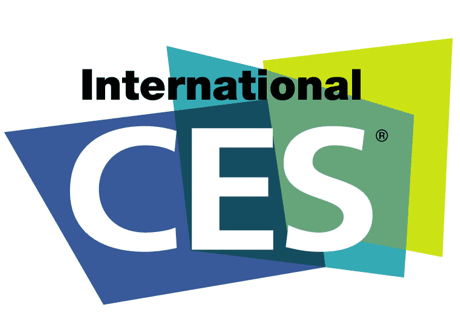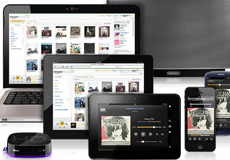Last year’s Consumer Electronics Show broke attendance records, with more than 156,000 people descending upon Las Vegas. This January, the 2013 show is expected to match last year’s attendance and set a new record in terms of show floor space, with more than 1.85 million square feet of booths and exhibits.
“Every day brings more good news. We are bigger than last year, in terms of our footprint. That’s how we measure the size of the show in the trade-show world,” explains Consumer Electronics Association chief exec Gary Shapiro, who anticipates more than 3,300 exhibitors. “The thing I’m really excited about is the startup area,” notes Shapiro. “We did a deal last year for Eureka Park and we thought we’d have 30 companies. We had 100, and this year we have 140.”
 Shapiro expects CES to be packed despite Microsoft’s absence. The company has traditionally given the opening keynote to kick off the show, but will be replaced this year by Paul Jacobs, CEO of mobile chip maker Qualcomm.
Shapiro expects CES to be packed despite Microsoft’s absence. The company has traditionally given the opening keynote to kick off the show, but will be replaced this year by Paul Jacobs, CEO of mobile chip maker Qualcomm.
“That change is symbolic, as Microsoft represented the PC industry, while Qualcomm generates billions on the strength of smartphone and tablet chip sales,” reports VentureBeat.
Anticipated trends include touchscreen, gesture and sensor tech; wireless wallets; Ultra HD 4K TVs; 3D printing and cloud-based services. This year’s show will also feature an increased presence in terms of digital health, green technology and the automotive industry (including connected cars and electric vehicles).
“Another big draw will be anything connected to Apple,” explains VentureBeat. “Apple employees are coming, but Apple traditionally doesn’t exhibit or speak at CES. But the iLounge section devoted to Apple-related products built by other companies is now going to have 440 companies across 120,000 square feet.”




